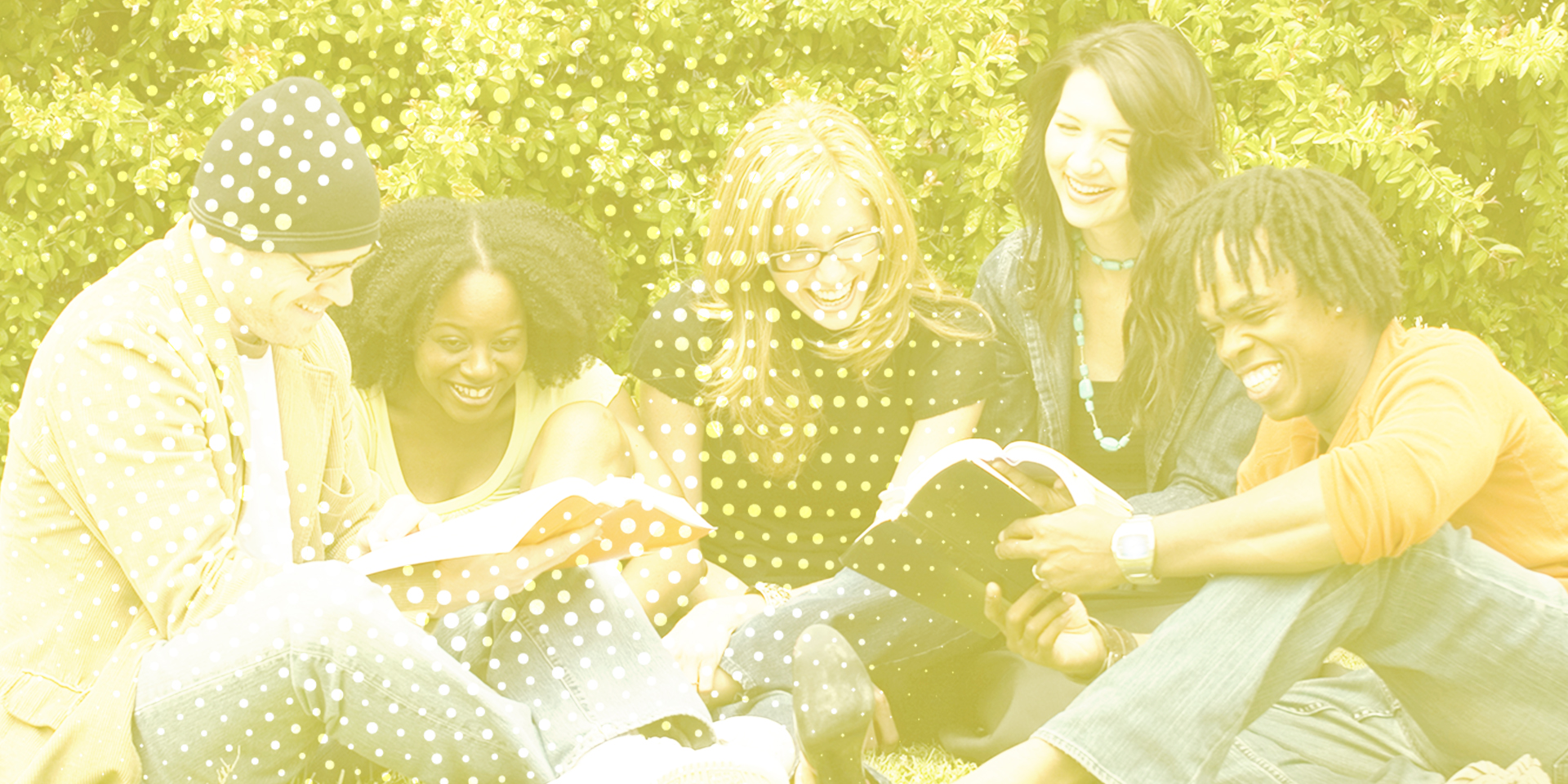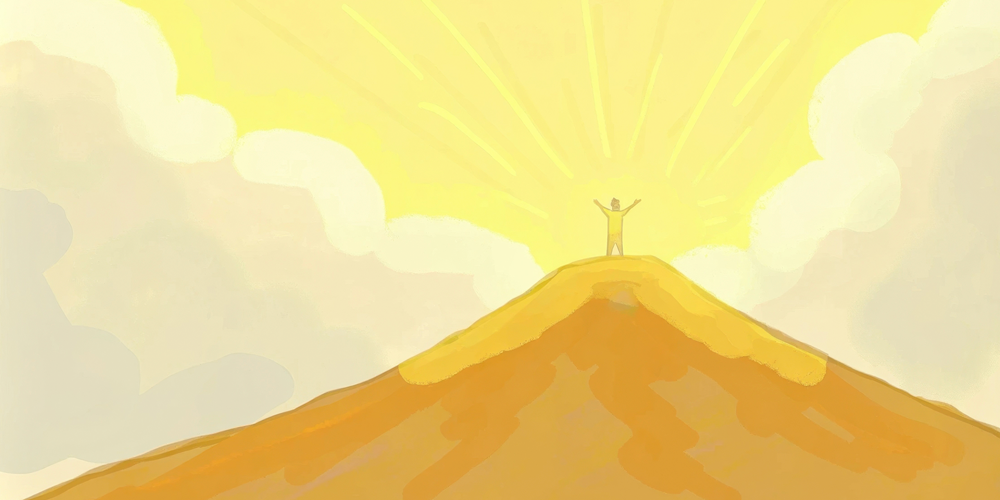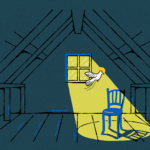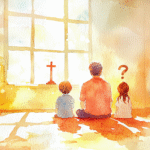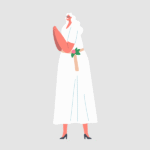By Emily Hlavka Freed
Imagine: a girl running with a group of classmates and playing soccer at school. In class today, she learned about math and science. She loves school and learning with her friends.
That evening, the girl realizes she started her period. Her family doesn’t have enough money to buy the supplies she needs, so she tries to make do with items she finds around her house — an old rag, and scraps of paper. She tries to go to school the next day, but the embarrassment of soiling her clothes makes it difficult. She cannot run and play with her friends. She’s distracted from her lessons.
After a few days, she cannot bear the shame of going to school during her period and decides to stay home that week each month. Eventually, she falls behind and feels the only option is to drop out of school completely. She tries her best, but her opportunities for returning to school or getting a job are limited. She is forced to work as a drastically underpaid housekeeper, barely making enough to get by and dreaming of her former school days.
This is period poverty.
_
“In poverty situations, it is often a decision between food for the family and sanitary pads, where food is the obvious, heartbreaking choice.”
_
Period poverty is the lack of access to menstrual health supplies, sanitation facilities, and education. Considered a long overlooked public health issue, period poverty is affecting more than 500 million girls and women globally. The statistics are staggering. Girls and women globally experience significant stigma around their menstrual cycle:
- An estimated 2.6 million school-age girls in Kenya do not have easy access to menstrual health supplies and require support to obtain them.
- An UNESCO report revealed that 1 in 10 girls in Sub-Saharan Africa will miss school during their period. This could mean as much as 20% of the school year.
- In India alone, 1 in 5 girls will drop out of school because of their periods.
Girls who don’t have supplies often miss school and drop out. These challenges reverberate into ongoing poverty and lack of access to educational opportunities, which are directly linked to human trafficking vulnerability, abuse, and forced child marriage.
Girls and women in both developed and developing countries are faced with the challenge of managing their period without proper access to hygienic products or sanitation. For some, this may look like makeshift solutions or using the same products longer than intended; for others, it may mean going without supplies altogether or staying home from work or school.
Yvonne, a Thrive Kenya leader and Wunders trainer, shared some ways that girls and women make due in Kenya:
- They use old, cut-up blankets or clothes. Others may use feathers from a slaughtered chicken or dried animal hides.
- During the day, they may sit underneath a tree on top of soil with the scorching sun burning them to cover up the stain. At night, so as not to soil the bed or clothing, they pick up the moist soil, place it in their hut, and sit on it the whole night while naked and clean up the dirt in the morning.
- During weddings and other events in some communities, menstruating women can’t associate with others and must sit away from the group.
- School girls do not go to school and stay home because of shame and being teased by boys.
_
“Period poverty is a pressing issue creating a vulnerability to human trafficking.”
_
Researchers have found that 65% of girls and women in Kenya are unable to afford period products. Sharing used products has also been reported by school-age girls in Kenya. In poverty situations, it is often a decision between food for the family and sanitary pads, where food is the obvious, heartbreaking choice.
Period poverty is a pressing issue creating a vulnerability to human trafficking. “Recently, while visiting with the Thrive Juniors at Mathare slums, a Thrive Junior girl asked for prayers regarding some of the challenges they encounter. Men are offering to sleep with the girls so the girls can get the funds to buy sanitary towels [pads] which cost approximately $0.50,” Lillian, Thrive leader and Wunders trainer, shared.
Girls are making impossible decisions just to have essential supplies and stay in school.
_
“Equipping girls and women with the menstrual health supplies and education they need to thrive is essential.”
_
Equipping to Thrive
Wunders is working to change this reality.
Wunders exists to equip girls and women with locally made sustainable menstrual supplies and community-informed education so that they can thrive. Wunders is a program of the Set Free Movement, a ministry of the Free Methodist Church.
Equipping girls and women with the menstrual health supplies and education they need to thrive is essential. It is essential because we believe that we were all created in the image of God (Genesis 1:27). It is essential because we believe that we are wonderfully and fearfully made (Psalm 139:14). Jesus cared about these issues too.
Do you remember the story of the woman who bled for 12 years (Luke 8:43–48)? Jesus healed her. And by doing so, he didn’t just heal her physical ailment. He healed years of shame and embarrassment. He stepped in to alleviate the ostracization she most likely experienced. She most likely could not hold a job, go to temple, or interact with certain people in certain scenarios.
Since Wunders began trainings in June 2021, more than 2,200 Wunders kits have been distributed. This means that more than 2,200 girls and women are equipped with a long-lasting menstrual health kit and vital human trafficking awareness and menstrual health information.
Not only is Wunders meeting an ongoing physical need for girls and women, but we are also supporting their mental well-being. In a recent feedback session, students in Kenya shared that their favorite things about the Wunders kit were the confidence and peace of mind it gave them throughout the month. Prioritizing menstrual health education and providing sustainable supplies will increase opportunity, and reduce the multiplying vulnerabilities to trafficking.
Teachers are thrilled by the impact Wunders is having:
“Since we have known you, our girls are happy. They used to sit at home and miss school because they didn’t have a sanitary towel … but since we have known Wunders, our girls are happy and at school.”
“With Wunders [kits] and Thrive trainings, we have seen a consistent reduction in the number of school dropouts and teenage pregnancies.”
_
“Wunders cultivates impact by creating a meaningful livelihood opportunity for seamstresses through our local sewing center model.”
_
Meaningful Livelihood
In addition to training and kit distribution, Wunders cultivates impact by creating a meaningful livelihood opportunity for seamstresses through our local sewing center model.
Imagine: A girl singing and dancing at a special training. Wunders trainers are at school today to teach about menstrual health and human trafficking awareness. The girl learns about her menstrual cycle and is given a new Wunders kit. The Wunders kit will last her two to three years and offers confidence and peace of mind she did not have before. The girl is able to come to school each month during her period. She continues to play and run with her friends. She sees opportunities and a bright future ahead. Her world has changed.
Wunders exemplifies how meeting a specific need can create a ripple effect of impact in communities and disrupt their vulnerability to human trafficking.
To learn more about Wunders, visit us at wunderspartners.org. Learn more about how the Set Free Movement is using innovative programs like Wunders to prevent human trafficking at setfreemovement.com.
+
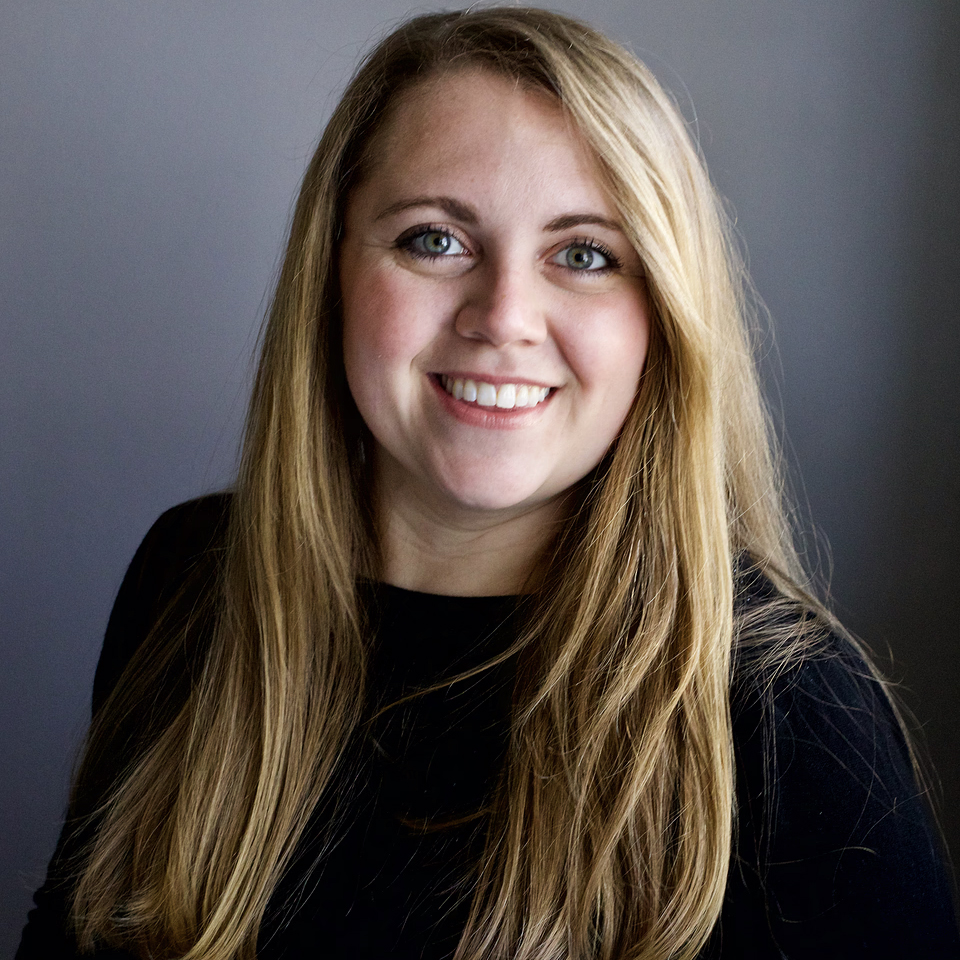
Emily Hlavka Freed serves as the associate director of the Set Free Movement and program director for Wunders. Emily holds a master’s degree in sustainable development focusing on innovation management and a bachelor’s degree in international business. Before joining the Set Free Movement team, Emily worked in the environmental sustainability and community development fields. In her role, Emily works to build and strengthen organizational systems and works alongside teams from around the world to strategize and implement transformational programs. She lives in Michigan with her husband, Adam, and their dog, Charlie.


